Property from the Descendants of Colonel Wilbur A. DexheimerMAO ZEDONGCalligraphic autograph letter signed, to Major W.A. Dexheimer, thanking him for his hospitality and Christmas gifts One page (10 3/8 x 8 in.; 262 x 201 mm), written in black ink with a brush pen, together with autograph envelope and typed English translation, Yenan, 25 December 1944; folds. The earliest autograph letter signed by Mao to be sold on the international market, written in the last year of World War II. a fine example of Mao's iconic calligraphic style “The Dixie Mission had closer relations with senior Chinese military officers than any Americans have had with the Chinese Communists command before or since.” Richard Bernstein On July 22, 1944, a group of Americans known formally as the United States Army Observation Group, or informally known as the Dixie Mission, landed in Yan’an, a small city in Northern China. Their mission was to determine from several angles the “strength, composition, disposition, equipment, training, and combat efficiency of the Communist forces” (Carter 29), and judge if the U.S. would benefit from supporting the party (Carter, Carolle J. Mission to Yenan...The University Press of Kentucky, 1997). The Americans were to also gain any additional intelligence they could on the Japanese and Russians. To the Chinese Communists, this was a new starting point in diplomatic relations, and Mao noted that the arrival of the Mission was the most exciting event since the start of the war against Japan. From his perspective, this was an opportunity to gain major military and political support against not only the Japanese, but also the Kuomintang, or Nationalist Party of China. Thus began an almost three year courtship between America and the Communist Party of China. While the Dixie Mission was to be an observation only mission, Mao hoped it was just an initial step in furthering US involvement. Upon their arrival, Mao revised an article title in the party’s newspaper, Liberation Daily, to include the phrase “our friends” in reference to the observers (Carter 35). In reality, this became not just idle talk. In a 1977 interview John Service, head of US operations in China, noted that the atmosphere in the camp as one “of acceptance, of hospitality, of not being guarded, of not holding people off. Their liaison officers came and sat and joined our mess. People would drop in to see you. It was all very informal, as I say, like a sort of a Christian summer conference atmosphere. People were living fairly close together.” Service also recounts an eight-hour interview and subsequent dinner with Mao and his wife, as well as casual chats with Zhu De. They were not yet larger than life political leaders, but rather the leaders of guerrilla force still fighting for legitimacy. On base, the factions exchanged cordial invitations for dinner parties and movie nights. The Chinese Communists operated a drama school near Yan’an, and often invited the Dixie men to watch plays. Dances were another common occurrence, and each side showed off their country’s traditions as well as the latest styles, the Conga being a favorite of the Americans. As noted by Carter, “General Chu Teh rarely missed a dance, and Mao Tse-tung and other Communist leaders always attended.” Along with general social gatherings, the Communists scrupulously observed the days that they knew the Americans regarded as important. This included Fourth of July, Thanksgiving, and most notably, Christmas. The holiday always elicited formal good wishes from the Chinese officials, and, for at least 1944 and 1945, the Dixie mission hosted a Christmas event attended by the Chinese Communist officials. For its first Christmas overseas, the Dixie Mission threw a party, likely hosted by Major Wilbur Dexheimer as the highest ranking official on base at the time, and invited the Chinese Communists and their associates to the celebration. Written six months into the Americans stay in Yen’an, when no
Property from the Descendants of Colonel Wilbur A. DexheimerMAO ZEDONGCalligraphic autograph letter signed, to Major W.A. Dexheimer, thanking him for his hospitality and Christmas gifts One page (10 3/8 x 8 in.; 262 x 201 mm), written in black ink with a brush pen, together with autograph envelope and typed English translation, Yenan, 25 December 1944; folds. The earliest autograph letter signed by Mao to be sold on the international market, written in the last year of World War II. a fine example of Mao's iconic calligraphic style “The Dixie Mission had closer relations with senior Chinese military officers than any Americans have had with the Chinese Communists command before or since.” Richard Bernstein On July 22, 1944, a group of Americans known formally as the United States Army Observation Group, or informally known as the Dixie Mission, landed in Yan’an, a small city in Northern China. Their mission was to determine from several angles the “strength, composition, disposition, equipment, training, and combat efficiency of the Communist forces” (Carter 29), and judge if the U.S. would benefit from supporting the party (Carter, Carolle J. Mission to Yenan...The University Press of Kentucky, 1997). The Americans were to also gain any additional intelligence they could on the Japanese and Russians. To the Chinese Communists, this was a new starting point in diplomatic relations, and Mao noted that the arrival of the Mission was the most exciting event since the start of the war against Japan. From his perspective, this was an opportunity to gain major military and political support against not only the Japanese, but also the Kuomintang, or Nationalist Party of China. Thus began an almost three year courtship between America and the Communist Party of China. While the Dixie Mission was to be an observation only mission, Mao hoped it was just an initial step in furthering US involvement. Upon their arrival, Mao revised an article title in the party’s newspaper, Liberation Daily, to include the phrase “our friends” in reference to the observers (Carter 35). In reality, this became not just idle talk. In a 1977 interview John Service, head of US operations in China, noted that the atmosphere in the camp as one “of acceptance, of hospitality, of not being guarded, of not holding people off. Their liaison officers came and sat and joined our mess. People would drop in to see you. It was all very informal, as I say, like a sort of a Christian summer conference atmosphere. People were living fairly close together.” Service also recounts an eight-hour interview and subsequent dinner with Mao and his wife, as well as casual chats with Zhu De. They were not yet larger than life political leaders, but rather the leaders of guerrilla force still fighting for legitimacy. On base, the factions exchanged cordial invitations for dinner parties and movie nights. The Chinese Communists operated a drama school near Yan’an, and often invited the Dixie men to watch plays. Dances were another common occurrence, and each side showed off their country’s traditions as well as the latest styles, the Conga being a favorite of the Americans. As noted by Carter, “General Chu Teh rarely missed a dance, and Mao Tse-tung and other Communist leaders always attended.” Along with general social gatherings, the Communists scrupulously observed the days that they knew the Americans regarded as important. This included Fourth of July, Thanksgiving, and most notably, Christmas. The holiday always elicited formal good wishes from the Chinese officials, and, for at least 1944 and 1945, the Dixie mission hosted a Christmas event attended by the Chinese Communist officials. For its first Christmas overseas, the Dixie Mission threw a party, likely hosted by Major Wilbur Dexheimer as the highest ranking official on base at the time, and invited the Chinese Communists and their associates to the celebration. Written six months into the Americans stay in Yen’an, when no
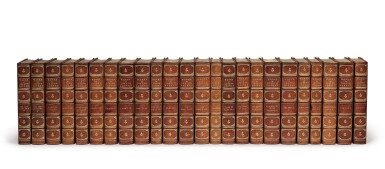

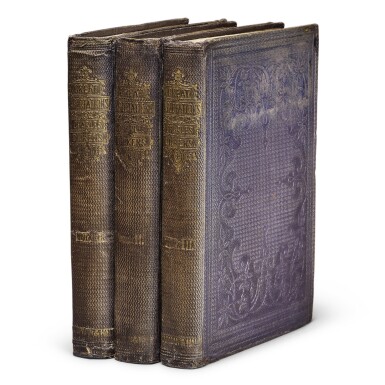


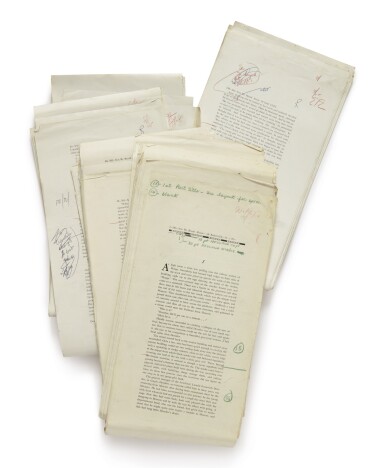

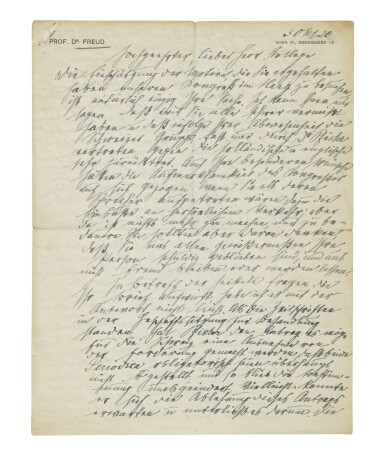

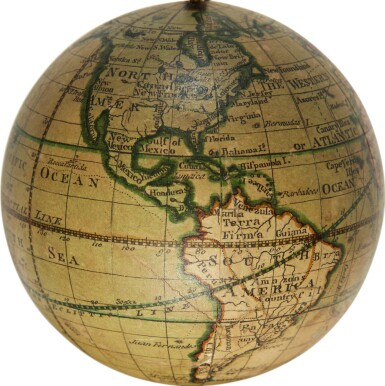
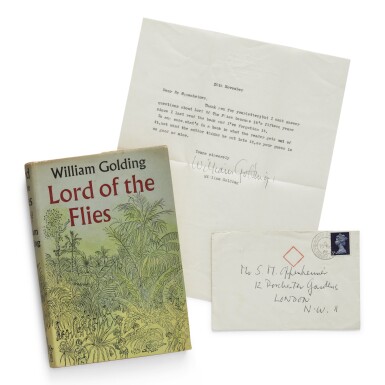




Testen Sie LotSearch und seine Premium-Features 7 Tage - ohne Kosten!
Lassen Sie sich automatisch über neue Objekte in kommenden Auktionen benachrichtigen.
Suchauftrag anlegen